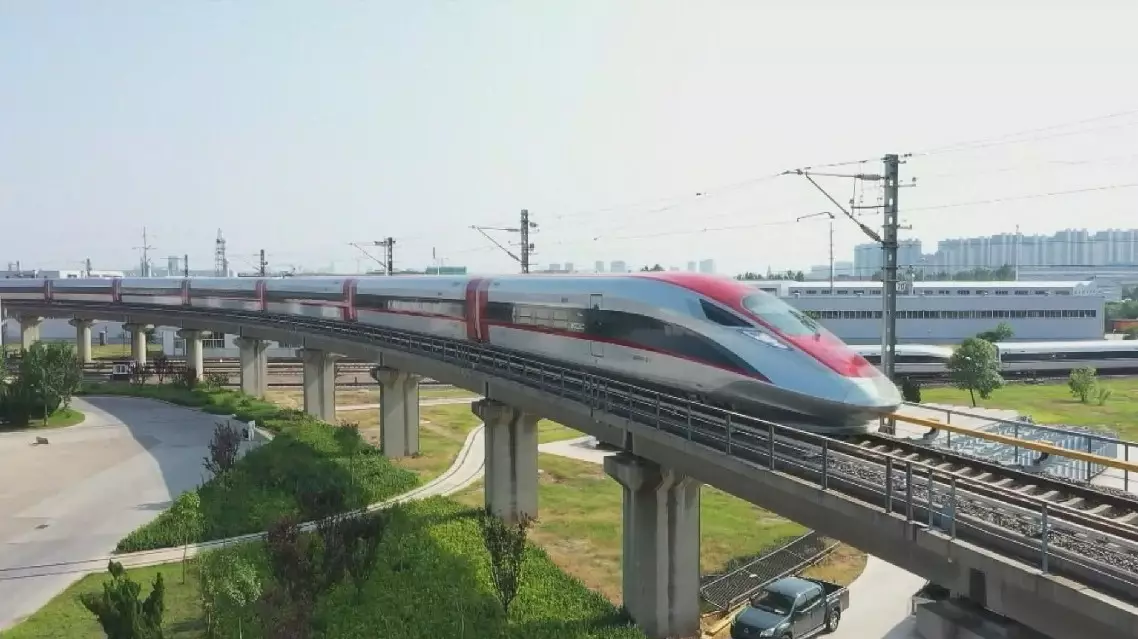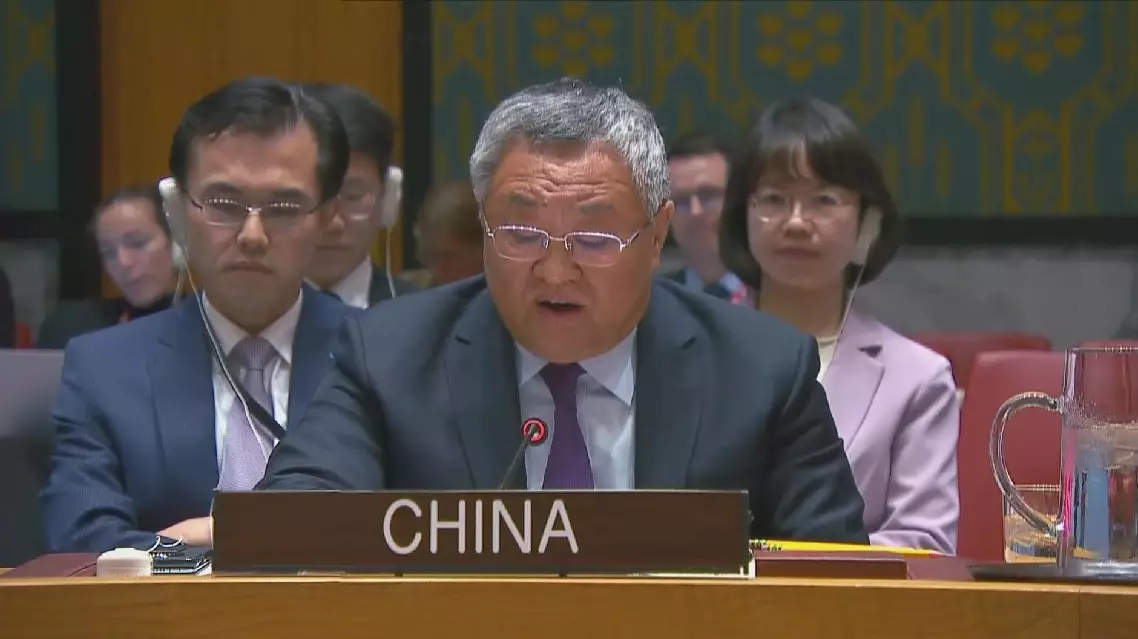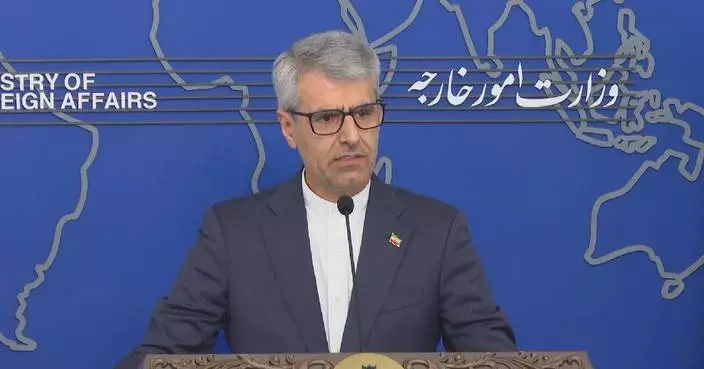The Jakarta-Bandung High-Speed Railway (HSR) has facilitated convenient local travel, while bringing new opportunities for economic development along its route following its inauguration in Indonesia last year.
As a flagship project of the Belt and Road cooperation between China and Indonesia, the high-speed railway not only signifies China's maiden deployment of its entire high-speed rail system abroad, but also marks the first high-speed railway in Indonesia and even in Southeast Asia.
Celebrating its first anniversary on Thursday, the railway transported 5.79 million passengers over the past year, with the highest daily occupancy rate hitting 99.6 percent.
With a top design speed of 350 kilometers per hour, the 142.3-kilometer high-speed rail connects Indonesia's capital Jakarta with the renowned tourist destination of Bandung and reduces the travel time between the two cities from three hours to about 40 minutes.
Nowadays, taking snapshots with the high-speed train models, speed display screens, and even attempting the art of balancing coins on the train's window sills trend on social media in Indonesia, becoming must-do experiences for high-speed rail passengers.
"The Jakarta-Bandung high-speed railway has greatly facilitated travels. I live in Jakarta, but my office is in Bandung. It's a half-an-hour ride. It really saves travel time compared to taking a private car," said a passenger named Diah.
The high-speed railway has significantly boosted local tourism by attracting foreign visitors, fostering growth in the country's tourism industry.
"I think it is convenient because it also attracts people to go to interconnecting cities very quickly. So, it will somehow promote tourism. I myself am from Malaysia, and I'm intrigued to try, so that's why I came around a few months ago to try the first time. And since then I tried a few times more," said Najib, a tourist.
Leveraging China's successful high-speed rail construction experiences, the joint Chinese-Indonesian builder has placed paramount importance on ecological preservation, enhanced organization on surveying, design, and construction, strengthened safety and quality controls, which ensured the project processing in an orderly and effecient manner.
During its construction, a large amount of Indonesia-produced materials such as cement were purchased, boosting domestic economic growth. In addition, 51,000 local job opportunities were created, and 45,000 Indonesian workers were trained.
"Before this, we underwent theoretical training for about five to six months at a training school. Then we continued learning here. The learning is divided into three stages. The first stage is observation, and we just watch. Then Chinese engineers gave us guidance and assistance. In the third stage, we carried out inspection and maintenance on our own, but under the supervision of teachers," said Mohamed Habib, a maintenance engineer.
"The maintenance standards for the Jakarta-Bandung high-speed railway are high, so we are working hard to make sure that the trains maintain the current operational excellence, so that there are no interruptions," said Padipta, another maintenance engineer.
As a hallmark project of the Belt and Road Initiative, the Jakarta-Bandung high-speed railway is set to catalyze the establishment of the the Jakarta-Bandung high-speed railway economic belt. It also plays a pivotal role in deepening practical cooperation between China and Indonesia and accelerating the realization of a shared community between the two nations.

Jakarta-Bandung High-speed Rail facilitates travel, spurs economic growth in Indonesia









